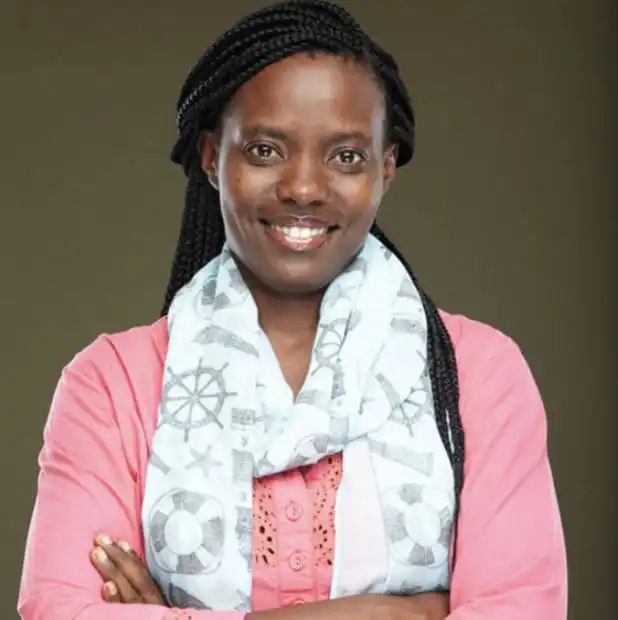Employing institution: University of the Witwatersrand, South Africa
Host institution: University of Manchester, UK
Project title: Acquiring skills and knowledge for developing interventions to promote hearing conservation behaviours.
Dr Moroe is a senior lecturer and former Head of Discipline (Audiology) at the University of the Witwatersrand, South Africa, and a CARTA Fellow. She is a passionate lecturer and researcher, with an interest in Occupational Audiology, Complex Interventions, Implementation Science. She is currently conducting a post-doctoral study on evidence-based strategies for managing noise-related hearing loss in the workplace. She is inspired by the work ethic and dedication of her mentors, Profs Katijah Khoza-Shangase and Mosa Moshabela, who continually encourage her to push the boundaries.
AREF Fellowship:
In Sub-Saharan Africa, the uptake and thus effectiveness of hearing conservation programs (HCPs) in occupational settings remains poor, despite mandatory occupational health and safety policies and the high burden of occupational noise. Studies exploring the effectiveness of HCPs have examined implementation processes, physical characteristics of hearing protection devices, organizational readiness and contextual factors. However, few have considered the barriers and facilitators of hearing conservation behaviours by the end-users themselves, and even fewer have implemented theoretical models of behaviour change for developing evidence-based interventions to improve the effectiveness of HCPs.
Dr Moroe’s vision is, through targeting behaviour change, to become an established scientist with the expertise needed to advise on the development and refinement of work-related noise management strategies in Africa.
During her placement she will work with Dr Couth, whose research investigates the use of the Behaviour Change Wheel for designing behaviour change interventions for individuals exposed to excessive noise, and Dr Saunders who has used the Health Belief Model to investigate education around hearing health behaviour in various contexts including hearing loss prevention and rehabilitation. Her hosts are instrumental as they will provide on-the-job training and support. The envisioned outcome is to develop a grant proposal for a larger collaborative research project involving larger-scale implementation of their proposed interventions.
“The proposed project will foster a sense of meaningful participation which will potentially result in the end users identifying strategies that can achieve their desired outcomes, reinforce the benefits of partnership, and enhance individual and community health.”



